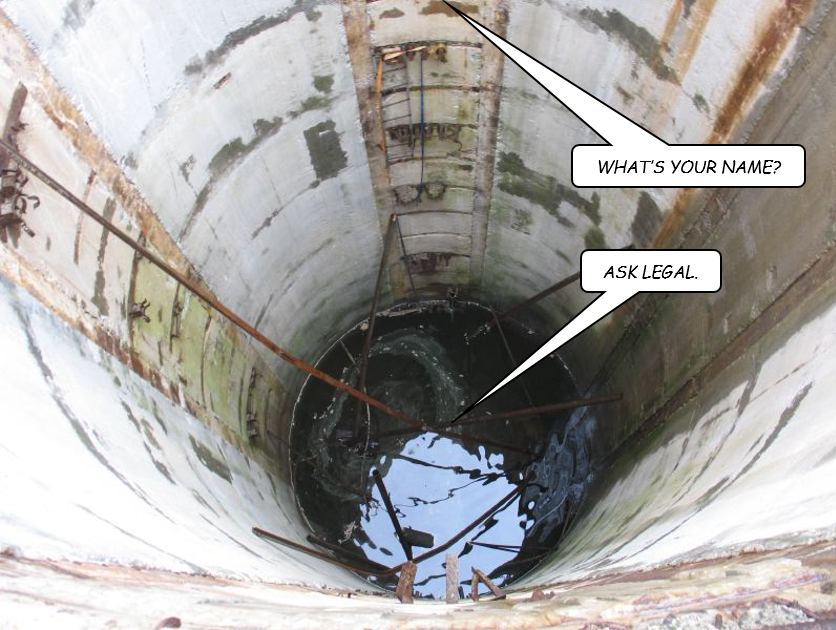Silo
Silos, as anyone who has worked in financial services will know, are endemic. They are no regrettable externality of a modern organisation, but a fundamental ideological choice that it makes. “Downskilling” and specialisation — and by “specialisation” I mean “atomising a process into a myriad of functions so limited in scope that they can be carried out by non specialists, following a playbook” — is no accident, but precisely what our modernist, reductionist, data-obsessed times demand. Not an accident, but one waiting to happen.
|
Silos also give everyone grand pooh-bah titles and diffused responsibility. Co-heads of anything is either a failure of nerve (the case here) or a Spartan fight to the death to see who is strongest (the Goldman approach), but the more practical point is that, quand l’ordure se frappe le ventilateur, it is not co-grand-pooh-bahs you want directing the traffic — far better to lock them in a dark cupboard, actually — but subject matter experts with time to think and space to act who can figure out what has happened, what needs to happen, and how best to make it happen.
Silos are kryptonite to subject matter experts: there is a reverse-emergence problem here though. If you diffuse one subject matter expert’s skills among five school-leavers from Bucharest, you lose something: you trade a somewhat expensive capacity for a small amount of magic for a whole lot of cheap faffing around: lateral escalation. misunderstanding; confusion. If you cut open the golden goose, you do not get an infinite supply of golden eggs.
